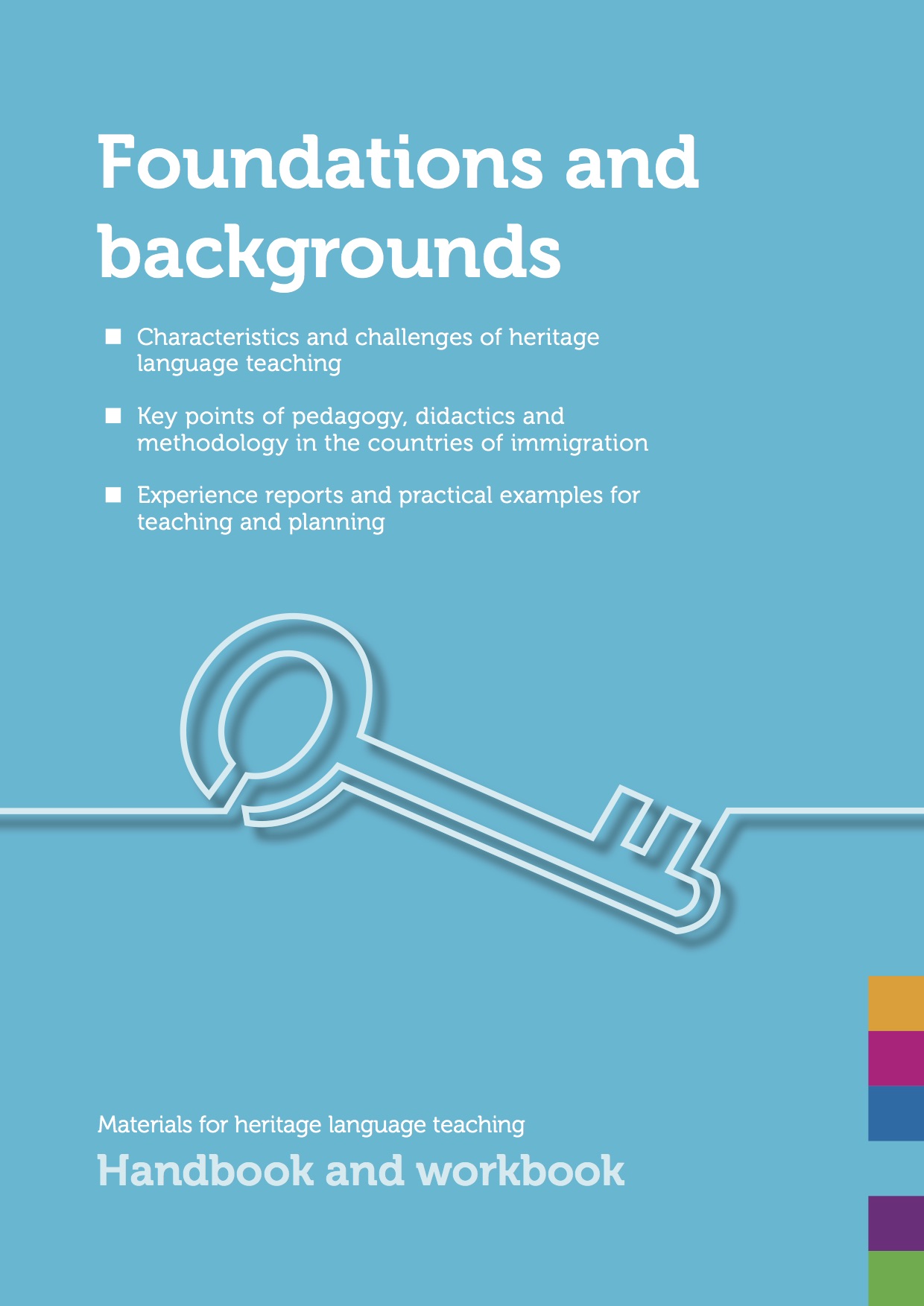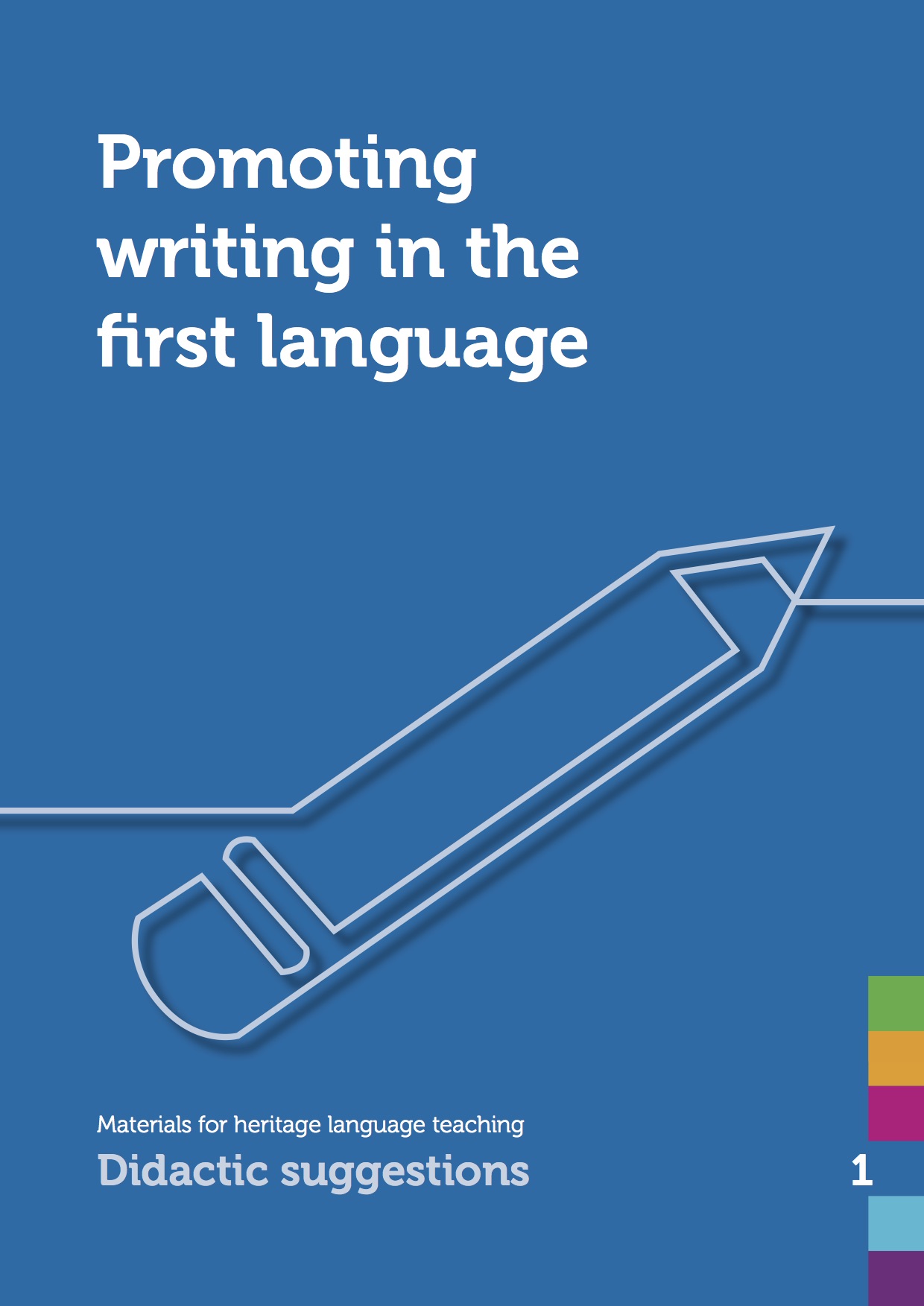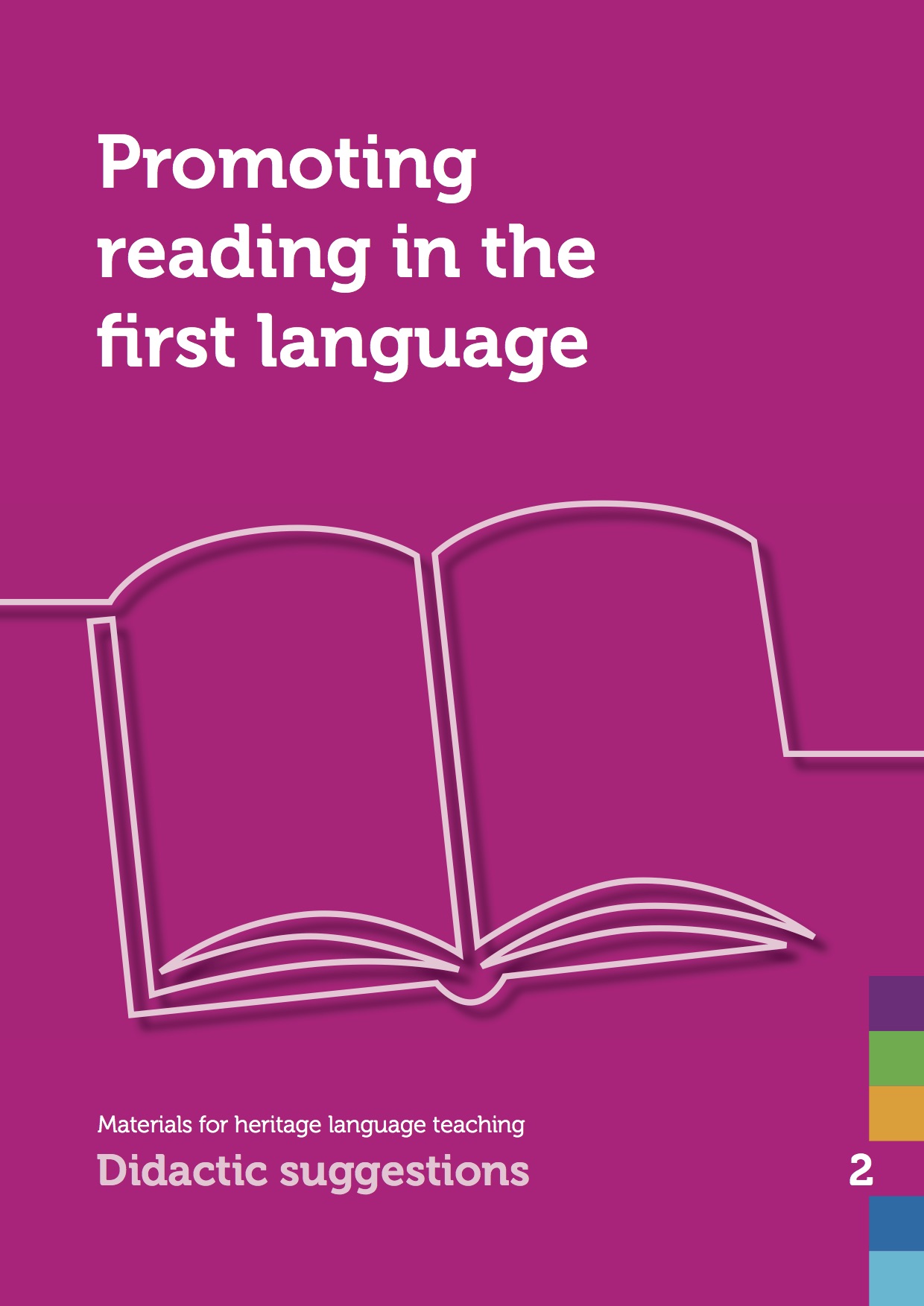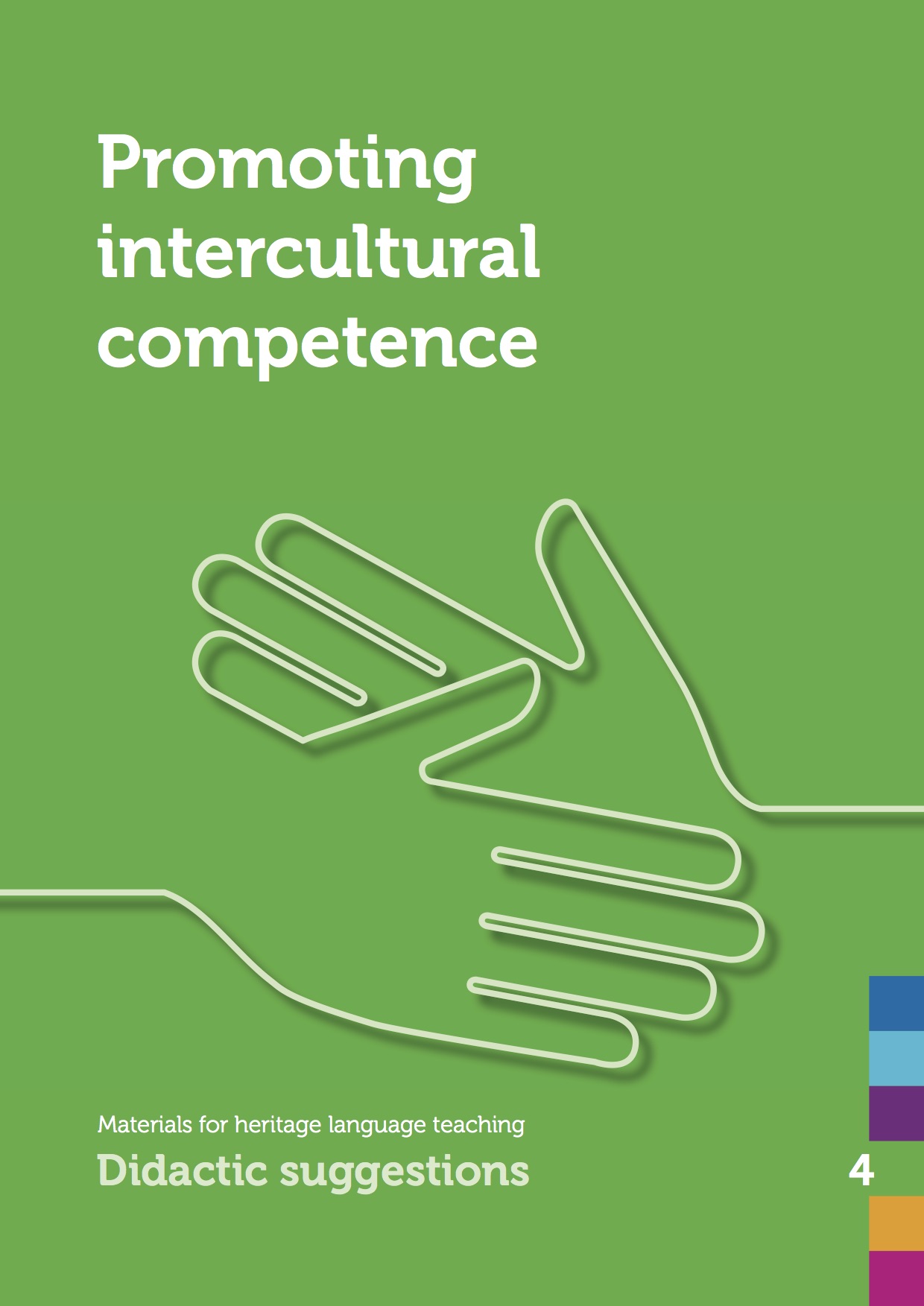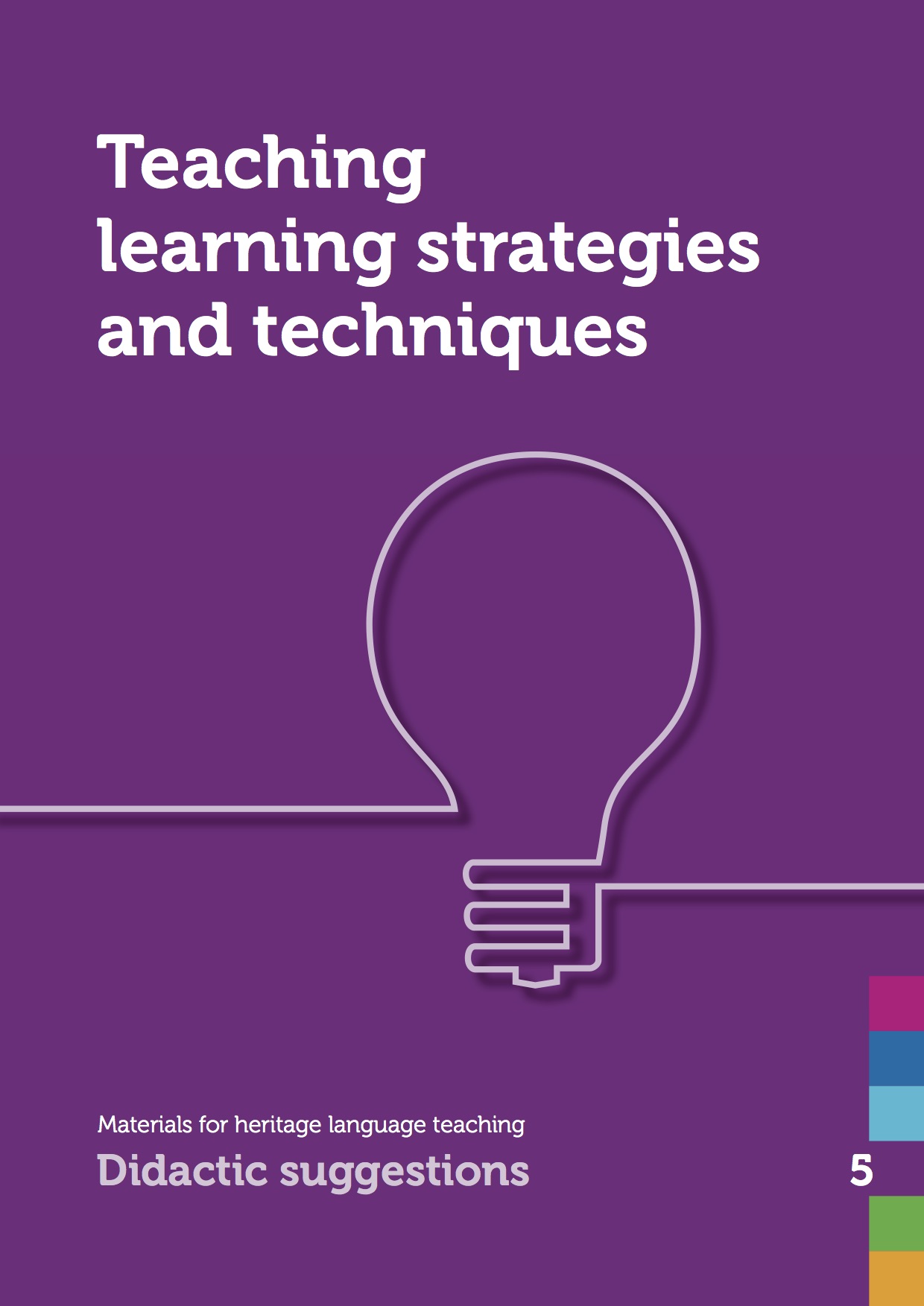- The introduction to chapter 4 A.1 lists several key points and postulates (equal opportunity, gender equality, democracy education, appreciation of diversity, etc.) about which there is a broad consensus in the immigration countries. Please reflect about and discuss how you experience the importance and implementation of these postulates a) in the educational system of your native culture and b) in terms of the country where you currently live and teach.
- In terms of your origin and education, which are the especially important key points, principles and postulates for you, which you would also like to retain and implement in the migration situation?
- Please review the list of postulates in chapter 4 A.1 once more. What can you do in your classroom teaching to meet these concerns? What have you done already; what else would be possible? If possible, plan with a colleague concrete learning opportunities for the next three to four weeks.
- The topic of equality of opportunity or similarity of opportunity for all children is addressed in Part A, but also in chapter 4 B.1. How do you perceive this situation in the country where you currently work as HLT teacher? Where do you see problems and a need for improvement? What can you contribute personally in this regard? Finally, how is the demand for equality of opportunity implemented in your country of origin?
- Please review once more the chapter 4 A.3 about democracy education. The formulated goals – most of all training students to become democratic and democratically-minded people – naturally concern the HLT as well. Explain and discuss what you contribute to this goal in terms of your teaching style and your selection of content. Plan with your colleagues two or three concrete classroom situations, with which you could make a contribution to these goals in the next few weeks.
- Please review on the internet the materials from the European Council for democracy education. (For links see bibliography). What could you use for your own teaching and implement in your classroom in the next few weeks?
- Chapter 4 A.5 is titled “Teaching and learning as a common problem solving process”. What does this title mean (which, at the same time, is a kind of postulate in itself) for you? Discuss teaching sequences in which you addressed a problem jointly with the students or in which you succeeded to involve your students in an especially attractive, challenging problem or issue to be solved. Continue to plan other such learning opportunities!
- In chapters 4 B.2 and 4 B.3 you will find two lesson plans about the principles of “gender equality” and “interculturality”. Discuss these two plans; please consider how you could make plans based on these two important topics for your own classroom.

